Vocation to Religious Brotherhood
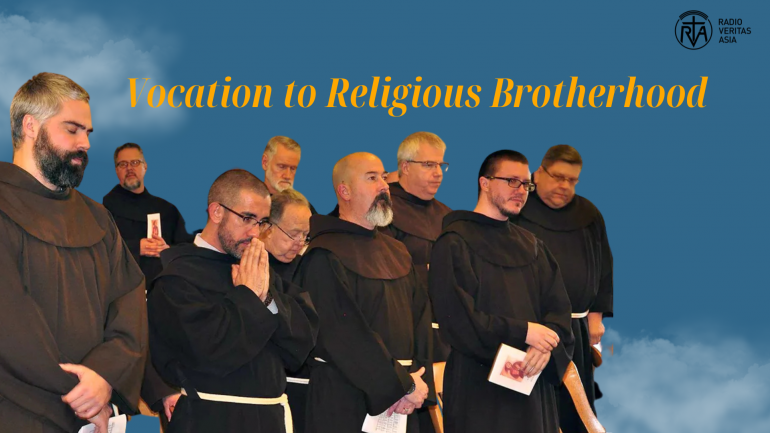
Last November, Brother Michael stood at the edge of a prison yard in Mumbai, watching men in jail suits file past. One stopped, eyes down, and muttered, “Nobody visits anymore.” Brother Michael placed a hand on his shoulder. “I am here,” he said simply. “You are not forgotten.” That moment, brief as it was, captured something essential about religious brothers in the Church, they go where others will not, love who others forget, and build bridges where the world sees only walls.
Religious brothers have always been the Church’s quiet architects of connection. Unlike priests who lead Mass or deacons who serve at the altar, brothers work in the margins, the places where society’s cracks show deepest. They take vows of poverty, chastity, and obedience, but their real promise is simpler: to be present. In hospitals, they hold the hands of the dying. In schools, they tutor kids who struggle. In shelters, they pour coffee for men who have lost everything. Their lives are not dramatic, but they are deeply intentional. Every action says the same thing: you matter, you belong, you are family.
Think about Brother David, who teaches in a failing public school in Chicago. He could have chosen a comfortable position at a private institution, but he stayed because, as he puts it, “These kids need someone who believes in them.” He arrives early to help with homework, stays late for basketball games, and spends weekends visiting families. One student, Mark, told me, “Brother David made me think I could go to college. Nobody else thought that.” That is what brothers do: they see potential where others see problems, and they stick around long enough to prove they are right.
The tradition of religious brotherhood goes back centuries. Early brothers worked fields, copied manuscripts, and cared for pilgrims. Over time, different orders emerged, each with its own charism. Franciscan brothers follow Saint Francis’s call to simplicity and care for creation. Benedictine brothers center their lives on prayer and community. Christian Brothers focus on education, especially for the poor. Jesuit and SVD brothers work alongside priests in missions, universities, and social justice projects. What unites them all is this: they choose service over status, presence over prestige.
In today’s Church, religious brothers face challenges. Their numbers have declined in many countries, and fewer young men are entering religious life. Some orders have closed houses or merged communities. Yet those who remain carry a fierce commitment. Brother Vincent, an SVD in his forties, explained why he chose this path. “I wanted my life to mean something beyond myself,” he said. “Being a brother means I can give everything without needing to be in charge. I can just love people.” His words reflect a countercultural choice in a world obsessed with achievement and recognition.
Consider the Marist Brothers running a refuge centre for migrants in Greece. Day after day, they distribute food, teach language classes, and listen to stories of harrowing journeys across the sea. Brother Paul, who coordinates the centre, shared a moment that stays with him. A Syrian father, clutching his daughter, asked, “Why do you help us?” Brother Paul replied, “Because you are my brother.” The man wept. Brothers do not help from a distance; they stand alongside, hands joined.
The Church needs religious brothers now more than ever. In a time of division, they model unity. In an age of isolation, they practise community. In a culture of consumption, they embrace simplicity. Their lives challenge us to examine our own. Are we building bridges or walls? Are we present to those who need us, or distracted by our own concerns? Brothers do not preach these questions; they live them, and in doing so, invite us to do the same.
Brother Michael, the one in the prison yard, told me something I cannot forget. “These men are labelled by their worst moments,” he said. “I try to see them as God does, beloved sons with stories that matter.” That is the gift of religious brothers to the Church and to the world. They refuse to write anyone off. They insist on dignity when society offers shame. They build bridges slowly, carefully, with the conviction that on the other side waits a brother or sister worth knowing.
As the Church moves forward, religious brothers will continue their quiet, essential work. They will teach, heal, pray, and serve, asking for little beyond the chance to love well. Their lives will not make headlines, but they will change hearts. And perhaps that is the most important bridge of all, the one between despair and hope, loneliness and belonging, indifference and love.
(John Singarayar, a priest of the Society of the Divine Word from the Mumbai Province in western India, holds a doctorate in anthropology. He contributes regularly to journals and publications.)
Radio Veritas Asia (RVA), a media platform of the Catholic Church, aims to share Christ. RVA started in 1969 as a continental Catholic radio station to serve Asian countries in their respective local language, thus earning the tag “the Voice of Asian Christianity.” Responding to the emerging context, RVA embraced media platforms to connect with the global Asian audience via its 21 language websites and various social media platforms.










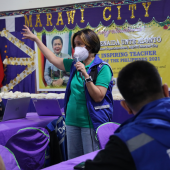
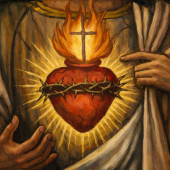
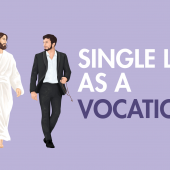

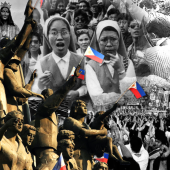

- Reply
Permalink